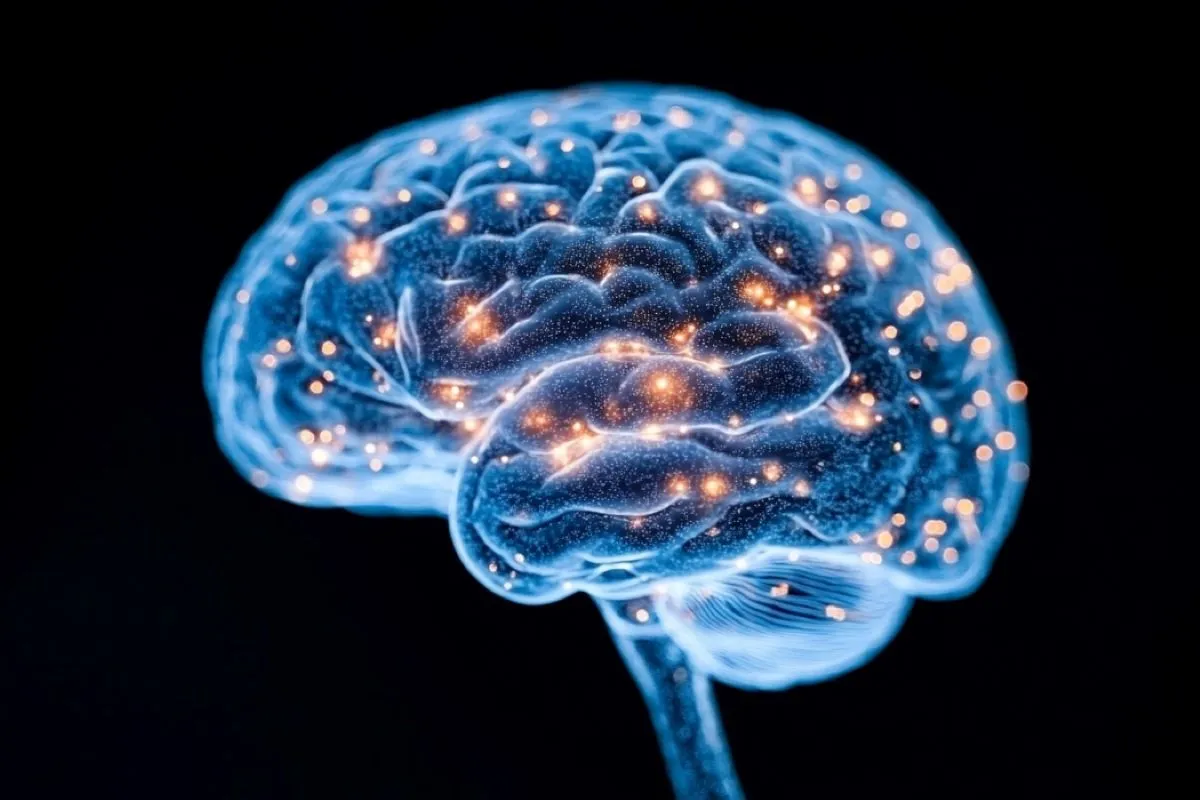Exploring Brain Research: Visual Cues and Psychosis in Parkinson's Disease

Discovering the Impact of Visual Cues on Psychosis
Recent research conducted at King's College London has highlighted a significant finding in brain research: patients suffering from Parkinson's disease who experience visual hallucinations have diminished brain responses to unexpected visual changes. This reaction is referred to as visual mismatch negativity (vMMN), which is critical in the fields of neurology and neuroscience.
Understanding the Findings
- Visual mismatch negativity serves as a biomarker for psychotic symptoms in PD.
- Identifying these neurological patterns can enhance our grasp of mental health and associated disorders.
- This research contributes significantly to the field of visual neuroscience and future therapeutic approaches.
This article was prepared using information from open sources in accordance with the principles of Ethical Policy. The editorial team is not responsible for absolute accuracy, as it relies on data from the sources referenced.